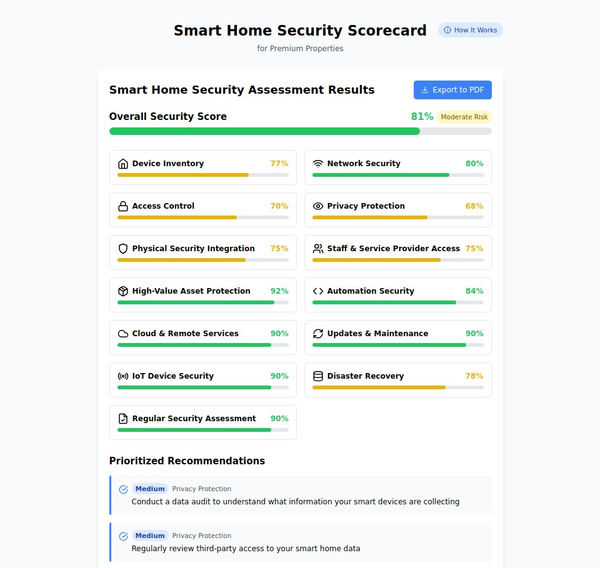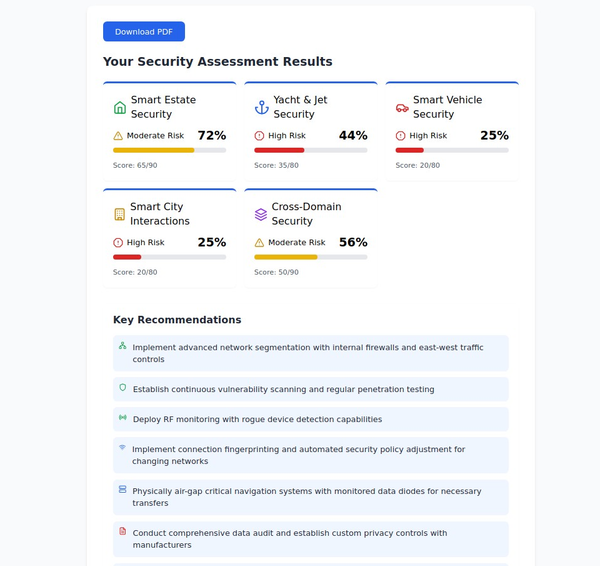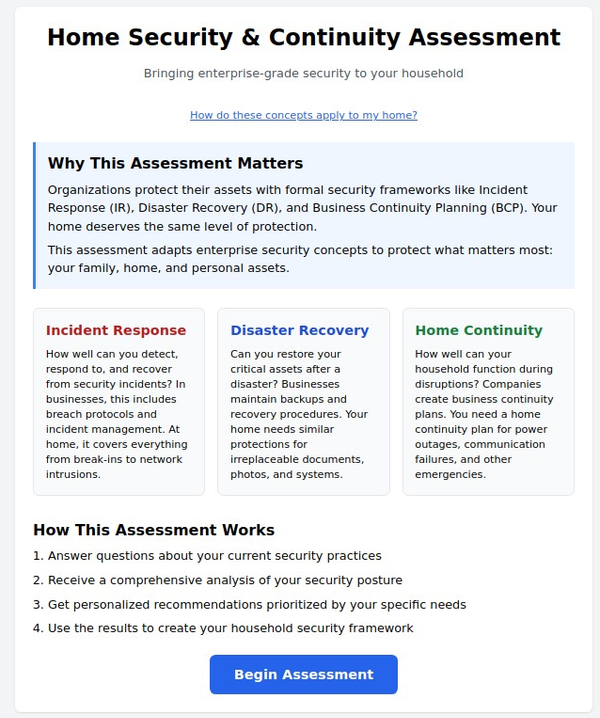The Role of AI in Smart Home Security

Artificial Intelligence (AI) is no longer the stuff of science fiction. It's a reality that's transforming various industries, including smart home security. This article will examine how AI is revolutionizing smart home security by automating complex tasks and offering predictive analytics.
Introduction
The smart home security industry has seen significant advancements in recent years, thanks in large part to Artificial Intelligence (AI). From facial recognition to predictive analytics, AI technologies are making our homes safer and more secure. Let's delve into the various ways AI is enhancing smart home security.
Automating Complex Tasks
1. Facial Recognition
AI-powered facial recognition systems can identify family members, friends, and even pets, allowing for more personalized security settings.
2. Voice Recognition
Voice-activated security systems can recognize the homeowner's voice and execute commands, adding an extra layer of security.
3. Smart Locks
AI algorithms can detect unusual behavior, such as multiple failed attempts to unlock a door, and alert the homeowner.
Predictive Analytics: A Proactive Approach
1. Anomaly Detection
AI can analyze data from various sensors to detect unusual patterns, such as an open window at odd hours, and send alerts.
2. Risk Assessment
AI algorithms can assess the risk level of different scenarios and take appropriate actions, like locking doors automatically when a high-risk situation is detected.
3. Maintenance Alerts
Predictive analytics can also forecast when a device is likely to fail, allowing for proactive maintenance.
Challenges and Ethical Considerations
1. Data Privacy
While AI offers enhanced security, it also raises concerns about data privacy and surveillance.
2. False Positives
AI systems are not foolproof and can sometimes generate false alarms, causing unnecessary panic.
3. Ethical Use of AI
The use of AI in surveillance and data collection poses ethical questions that are still being debated.
The Future of AI in Smart Home Security
1. Integration with IoT
As the Internet of Things (IoT) continues to grow, we can expect even more seamless integration between AI and smart home devices.
2. Advanced Algorithms
Future AI algorithms will likely be more accurate and capable of more complex decision-making processes.
3. User-Friendly Interfaces
As AI technology advances, we can expect more user-friendly interfaces that make it easier for homeowners to manage their security settings.
Conclusion
Artificial Intelligence is playing a pivotal role in the advancement of smart home security. Its ability to automate complex tasks and offer predictive analytics makes it an invaluable asset for any modern home. However, as we embrace the conveniences AI brings, it's crucial to remain mindful of the ethical and privacy considerations that come with it.
